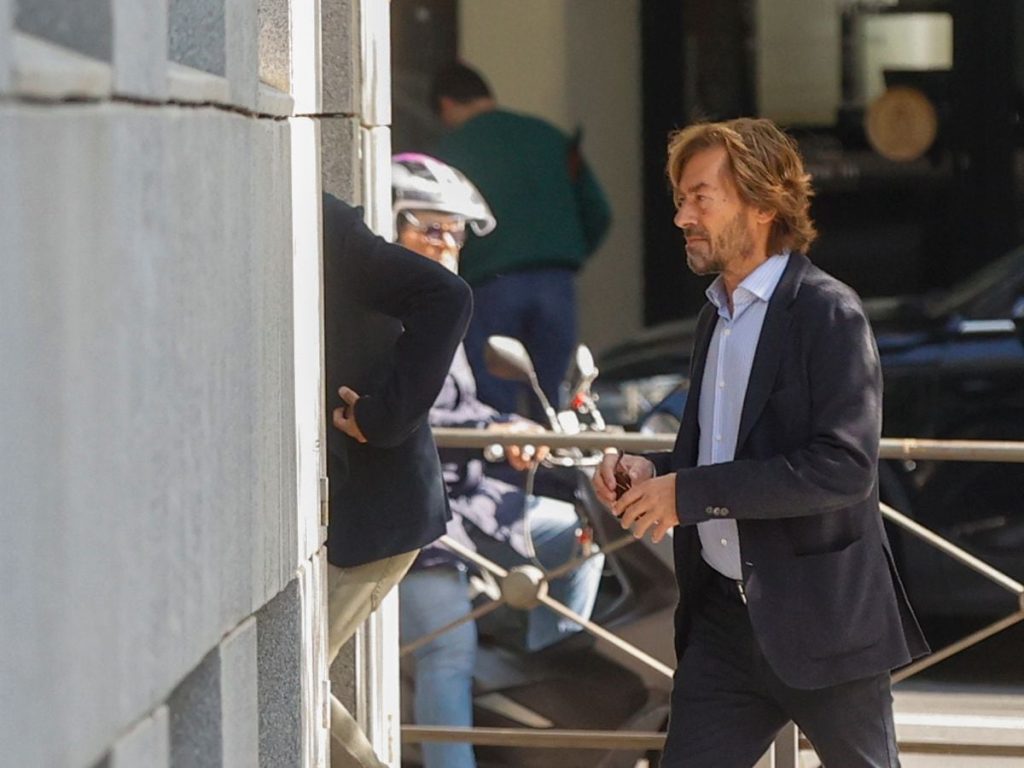Judge Santiago Pedraz has concluded the investigation in the case against Carmelo Ovono Obiang, one of the sons of the President of Equatorial Guinea, Teodoro Obiang Nguema, for the alleged kidnapping and torture of four Guinean opposition members living in Spain. One of them died under unclear circumstances. This decision comes days after the Penal Chamber of the National Court ordered him to continue the instruction and rejected his initial decision to transfer the jurisdiction of the case to the courts of the former Spanish colony. The Trial Chamber of the National Court will now decide whether the case is definitively archived or continues.
Pedraz’s ruling declares the summary closed even though there are still many pending tests. He insists on the arguments that were already overturned by the National Court judges and refers the case to the Third Section of Criminal Proceedings, which will have the final say on whether the case is closed or continues. The judge’s decision is seen in legal circles as a challenge to the Penal Chamber judges, who have admitted all appeals from the victims’ representatives and Prosecutor Vicente González Mota, overturning Pedraz’s rulings since the case began.
Recently, the three judges of the Chamber gave another blow to the judge by stating that he did not have the capacity to transfer the jurisdiction of the case to Equatorial Guinea, as he had decided, and that the only competent authority to do so would be the Chamber itself. In this ruling, they reproached the judge, stating that “it is difficult to transfer something that one does not have”, as jurisdiction can only be transferred within the framework of an international treaty that Spain does not have with that country.
This correction from the Chamber did not stop Pedraz. In his ruling concluding the investigation, the investigating judge maintains his arguments in favor of Equatorial Guinea’s jurisdiction and insists that it has not been proven “[even] indicatively that the inter criminis (of the kidnappings and torture) began in Spain”. He also rejects any consideration of Equatorial Guinea’s dictatorship, the Executive’s control over the country’s courts, and what that may imply in a case where the main suspects of terrorism and crimes against humanity are Obiang’s son – who is also Secretary of State for the Presidency – the Minister of Interior, and the Director General of Security.
The decision to conclude the investigation has been made with a number of pending procedures still to be carried out. Procedures that he himself ordered. These include witness statements, rogatory commissions to several countries, police reports on the identity of the pilots of Obiang’s presidential plane allegedly used to transfer the four captives from South Sudan to Malabo, or monitoring of Carmelo Ovono Obiang’s million-euro accounts in Spain. The judge’s ruling has also ignored the fact that there are still pending appeals before the Second Section of Criminal Proceedings, which has questioned most of his decisions.
The repeated refusal of Pedraz to issue a search and arrest warrant against the suspects forced the National Court to adopt that decision, in force for several weeks. The judge refrained two years ago from arresting Carmelo Ovono Obiang, the main suspect, when the Police informed him that he was sleeping in a hotel in Madrid. Weeks earlier, he had issued a resolution requesting his arrest and appearance in the National Court. The judge has not explained this change in his attitude in his rulings and orders. The closure of the investigation now obliges the Third Section of Criminal Proceedings to make the decision to overturn Pedraz’s ruling – requiring him to carry out procedures and potentially prosecute the suspects – or to dismiss the case.















